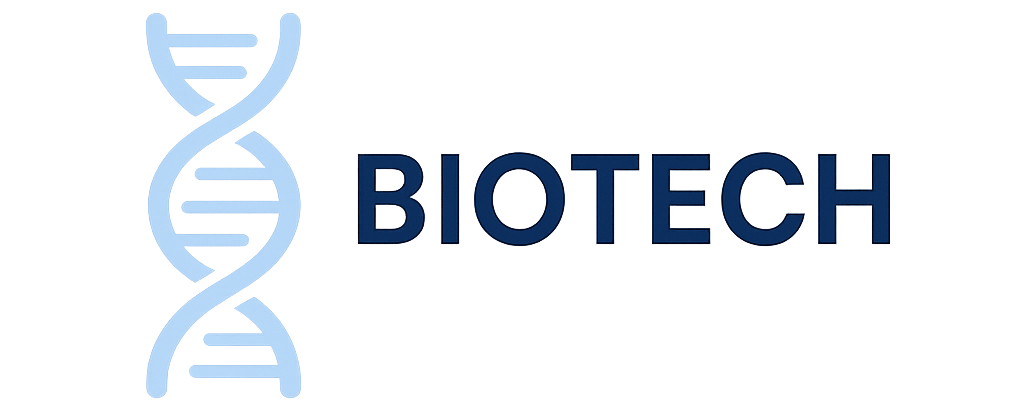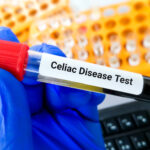
Credit: Aleksandr Semenov / iStock / Getty Images Plus
Sarepta Therapeutics said it has temporarily suspended shipments of Elevidys® (delandistrogene moxeparvovec-rokl) for infusion in non-ambulatory patients following the second death in three months of a patient with Duchenne muscular dystrophy (DMD) following treatment with the marketed gene therapy.
The patient, whose age was not disclosed, was a non-ambulatory individual with DMD. According to Sarepta, the patient was the second to succumb to acute liver failure (ALF) after being treated with Elevidys, which is the only gene therapy that has won FDA approval as a treatment for DMD.
The first patient was a 16-year-old young man who died in March. At the time, Sarepta said it would update its prescribing information for Elevidys.
“We are deeply saddened by the loss of a second patient and extend our heartfelt condolences to the patient’s family and his care team during this incredibly difficult time,” Louise Rodino-Klapac, PhD, Sareota’s CSO and head of research & development, said in a statement.
Sarepta said its temporary suspension of shipments would apply to non-ambulatory patients, and would remain in effect while an enhanced immunosuppressive regimen is evaluated, discussed with regulatory bodies, and put in place.
No treatment changes will be implemented for ambulatory patients, Sareota added. “The current practice of administering corticosteroids before and after Elevidys infusion, along with post-treatment monitoring, remains the same.”
Sarepta said it will immediately convene an independent group of leading experts in Duchenne and liver health to consider an enhanced immunosuppression regimen for Elevidys.
The panel will evaluate data and assess the proposed regimen, which the company said includes sirolimus and is supported by preclinical data showing the effectiveness of additional immunosuppression in moderating liver enzyme elevations. Sarepta is committed to sharing the panel’s recommendations with the FDA, with any new regimen to be subject to FDA guidance and allowance.
“Paramount priority”
“Our paramount priority is the safety and well-being of the patients we serve. We are taking immediate, decisive steps to better understand and mitigate the risk of acute liver failure, including enhancing the immunosuppressive regimen for those with Duchenne who are non-ambulatory,” Rodino-Klapac stated.
Sarepta said it has also voluntarily paused dosing in its Phase III ENVISION trial (SRP-9001-303, NCT05881408) to allow for evaluation of a protocol amendment that would incorporate the enhanced immunosuppressive regimen for the non-ambulatory patient cohort, and incorporate any additional feedback from the FDA.
The FDA has concurred with the voluntary pause, and will need to approve the protocol amendment before screening and dosing can resume in the ENVISION trial, Sarepta added.
The FDA’s former director of its Center for Biologics Evaluation and Research (CBER), Peter Marks, MD, overrode staff reviewers twice in order to grant Elevidys an initial accelerated approval for ambulatory boys ages 4 to 5 in 2023, followed by an expanded approval last year for all DMD patients with a confirmed mutation in the DMD gene who are ages 4 and older, plus accelerated approval for non-ambulatory patients.
The full approval came eight months after Elevidys missed its primary endpoint of statistically significant improvement vs. placebo on the North Star Ambulatory Assessment (NSAA) total score 52 weeks after treatment (2.6 points Elevidys vs. 1.9 points placebo). But the FDA accepted Sarepta’s assertion that Elevidys merited a broadening of its label because key pre-specified functional secondary endpoints had shown “robust evidence for a clinically meaningful treatment benefit” that was consistent across age groups.
However, in granting expanded approval, the FDA hinged continued approval of Elevidys for non-ambulatory Duchenne patients upon verification of clinical benefit in a confirmatory trial. The ENVISION trial serves as that trial.
Marks abruptly and angrily resigned in March in a policy dispute, with a resignation letter that accused U.S. Health and Human Services Secretary Robert F. Kennedy Jr. of “seeking subservient confirmation of his misinformation and lies” on vaccine safety and transparency.
Marks has since been succeeded as CBER director by Vinay Prasad, MD.
Elevidys generated $375 million in net product revenue during the first quarter, up 180% year over year, and $820.8 million in net product revenue last year. Outside the United States, rights to Elevidys are held by Roche, which generated $4 million in royalty revenue during Q1, and $16.8 million in 2024 on sales of the gene therapy.
Those numbers are unlikely to grow if doctors shy away from Elevidys based on safety concerns about gene therapies overall, Jefferies equity analyst Andrew Tsai wrote today in a research note.
“Previously, our doctors (who were unfazed by the first patient death) hinted they would not want to see Elevidys death rate increase, as families could elect to deny treatment (vs merely delay treatment),” Tsai wrote.
As for investors, he added, the prospect of ALF or other safety issue emerging is likely to discourage investors from buying stock of gene therapy developers.
“We expect SRPT stock will be pressured, but this time, the second patient death may raise serious questions on Elevidys’ sales outlook,” Tsai commented. “Although acute liver injury is a known possible side effect of AAV gene therapies broadly, the second death will strengthen the notion a (-) [negative] safety event is simply unpredictable with gene therapies, making it challenging to invest in this space.”
“Arguably,” Tsai added, “investors will unlikely entertain the notion that the two deaths (within a span of 3 months) are an idiosyncrasy.”



